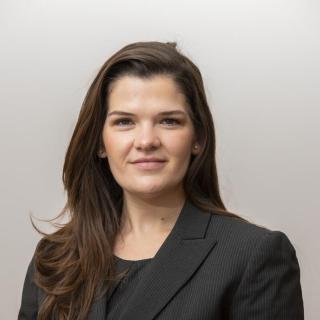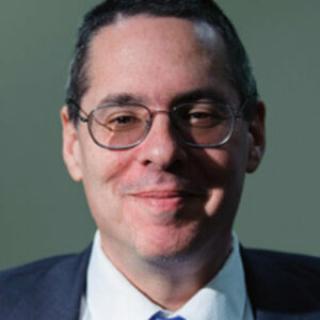On October 29, 2020, the International Centre for Counter Terrorism (ICCT), in the context of its Transatlantic Fellowship Program sponsored by the Municipality of The Hague, hosted an online Live Briefing via Zoom, followed by a Q&A session.
For further reading on this topic, please read: A comparative research study on radical and extremist (hate) speakers in European member states, ICCT Journal - November 2019
Freedom of expression is considered the lifeblood of democracy and one of the key principles of any liberal society. It allows the people to hold the powerful to account – and is closely linked to other fundamental freedoms, such as the freedom of thought, conscience, religion, association, and assembly. As such, it is not only enshrined in countless national constitutions, but it is also protected by Article 19 of the United Nations’ Universal Declaration of Human Rights. Yet, freedom of expression is also a qualified right subject to restrictions, as it comes with special duties and responsibilities.
As a consequence, governments may place restrictions on it in the interest of, for example, national security. As the fight against extremism and terrorism has increasingly focused on prevention, rather than post-hoc responses, such restrictions on expression have become increasingly common practice.
As part of contemporary counter-extremism and -terrorism strategies, governments “have increasingly focused on targeting incitement to, encouragement of, invitation for, support for and glorification of terrorism”. As a result, restrictions that aim to enhance security may, in some instances, have negative implications for freedom of expression.
As these two principles stand in conflict with one another, many fundamental questions about what kind of society we want to have and what principles we want to embody arise, including: When are governments permitted to place restrictions on such freedoms? What are the implications? And what are their options if they cannot or if they choose not to? What can we learn from either side of the Atlantic?
Speakers
- Robert Kahn, Professor of Law at St. Thomas University School of Law in Minneapolis, Minnesota, and the first Transatlantic Fellow in the context of ICCT’s Transatlantic Fellowship Program.
- Marloes van Noorloos, Associate Professor of Criminal Law at Tilburg University.
The Live Briefing was moderated by Julie Coleman, Senior Program Manager at ICCT.
For further reading on this topic, please read: A comparative research study on radical and extremist (hate) speakers in European member states, ICCT Journal - November 2019
ICCT’s Transatlantic Fellowship Program
ICCT’s Transatlantic Fellowship Program seeks to build and strengthen the mutual understanding between the United States and the Netherlands through carefully designed short-term visiting fellowships. These short-term visits aim to offer insights and exchange experiences between U.S. and Dutch experts and policymakers, and inform the debate on timely topics in efforts to enhance international security.
By doing so, the ICCT Transatlantic Fellowship Program seeks to defend and strengthen shared values between the Netherlands and the United States with regard to human rights and the mutual interest to protect and promote freedom and democracy. ICCT’s Transatlantic Fellowship Program is funded by the Municipality of The Hague.






